Related Products
Our Products
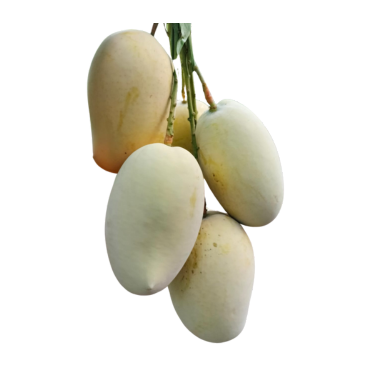
Customized protective solutions that enhance mango size and prevent sap burn, maintaining their lush appearance.
Read More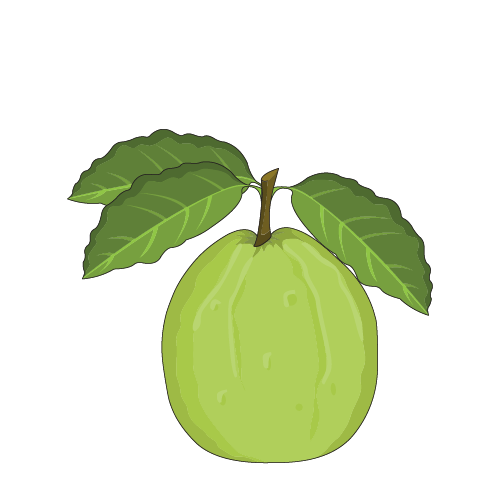
Tailored bags that safeguard guavas from pests and environmental factors, preserving their freshness and flavor.
Read More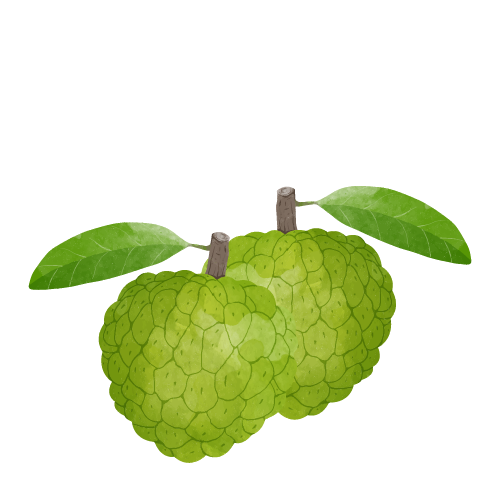
Specialized bags that prevent premature falls and protect against pests, maintaining the delicate texture and taste of custard apples.
Read More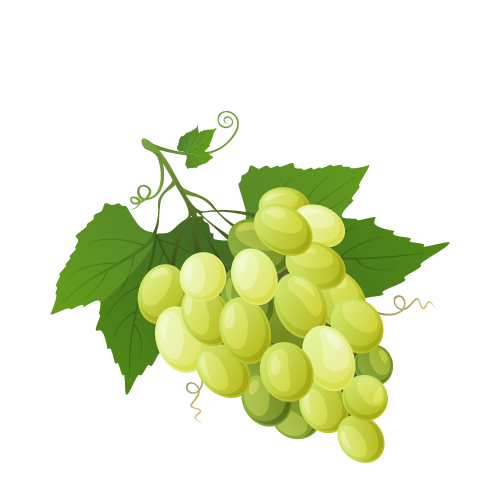
Perfectly sized bags designed to maximize sweetness and enhance color, ensuring market-ready quality grapes.
Read More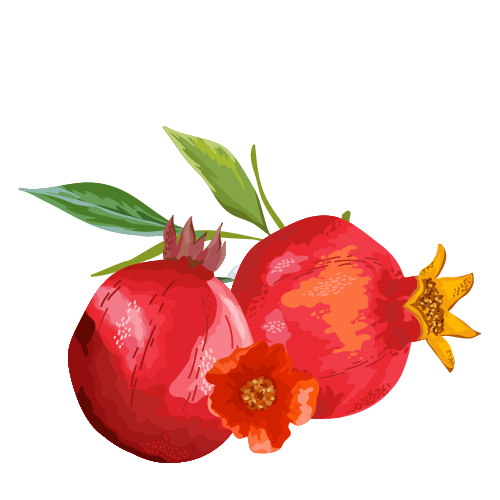
Optimize pomegranate growth and protect these valuable fruits from the elements and pests with our specialized bags that enhance size, color, and taste.
Read More